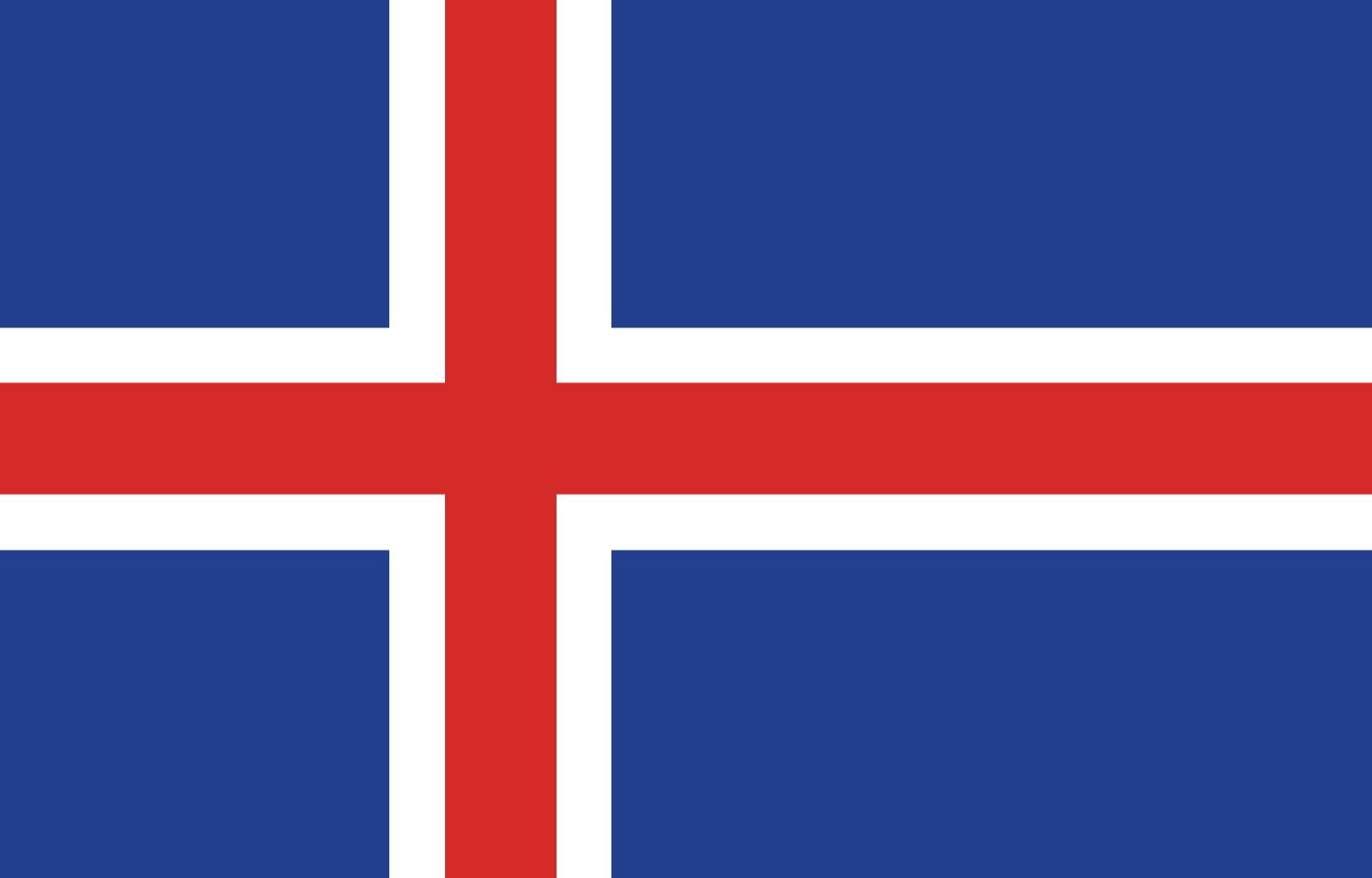Icelanders are proof that a small and homogeneous population can develop a rich and varied cultural life. The country’s literary heritage stems from writers of the 12th to 14th centuries who vividly recorded the sagas of Iceland’s first 250 years. Other traditional arts include weaving, silver crafting, and wood carving.
The Reykjavík area, which supports several professional theatres, a symphony orchestra, an opera, and a number of art galleries, bookstores, cinemas, and museums, has a cultural environment that compares favourably with those of cities several times its size. It also holds a biennial international art festival.
Iceland’s character reflects both its homogeneity and its isolation, and its people take care to preserve their traditions and language by, among other things, using native terms for introduced objects—for example, the Icelandic word for computer, tölva, combines ancient terms for number and seer. Icelanders are generally reserved and confident, and, though sometimes wary of foreigners, they are friendly hosts. For centuries Iceland has been known for its traditional industries, which produce knitwear and other ancestral crafts. As in most Scandinavian countries, women have long occupied a prominent place in society, especially in government.
There are many national and local festivals. The largest is the annual Independence Day celebration marking the country’s independence in 1944. The Sumardargurinn Fyrsti festival celebrates the first day of summer, and each June the Sjómannadagurinn pays tribute to Iceland’s seafaring past. The Reykjavík Arts Festival attracts many to the city.
Icelandic cuisine centres on the country’s fishing industry. Hákarl (carefully putrefied shark) is a pungent traditional food. Cod, haddock, whale blubber, and seal meat are available. Other traditional dishes include gravlax (salmon marinated in salt and dill), hangikjöt (smoked lamb), hrútspungar (rams’ testicles), and slátur, a haggis-like dish made of sheep entrails. The skyr, which is made of cultured skim milk, is a distinctive Icelandic dessert, served with fresh bilberries in summer. Coffee seems omnipresent, and a unique Icelandic liquor is brennivín, which is made from potatoes and caraway.
